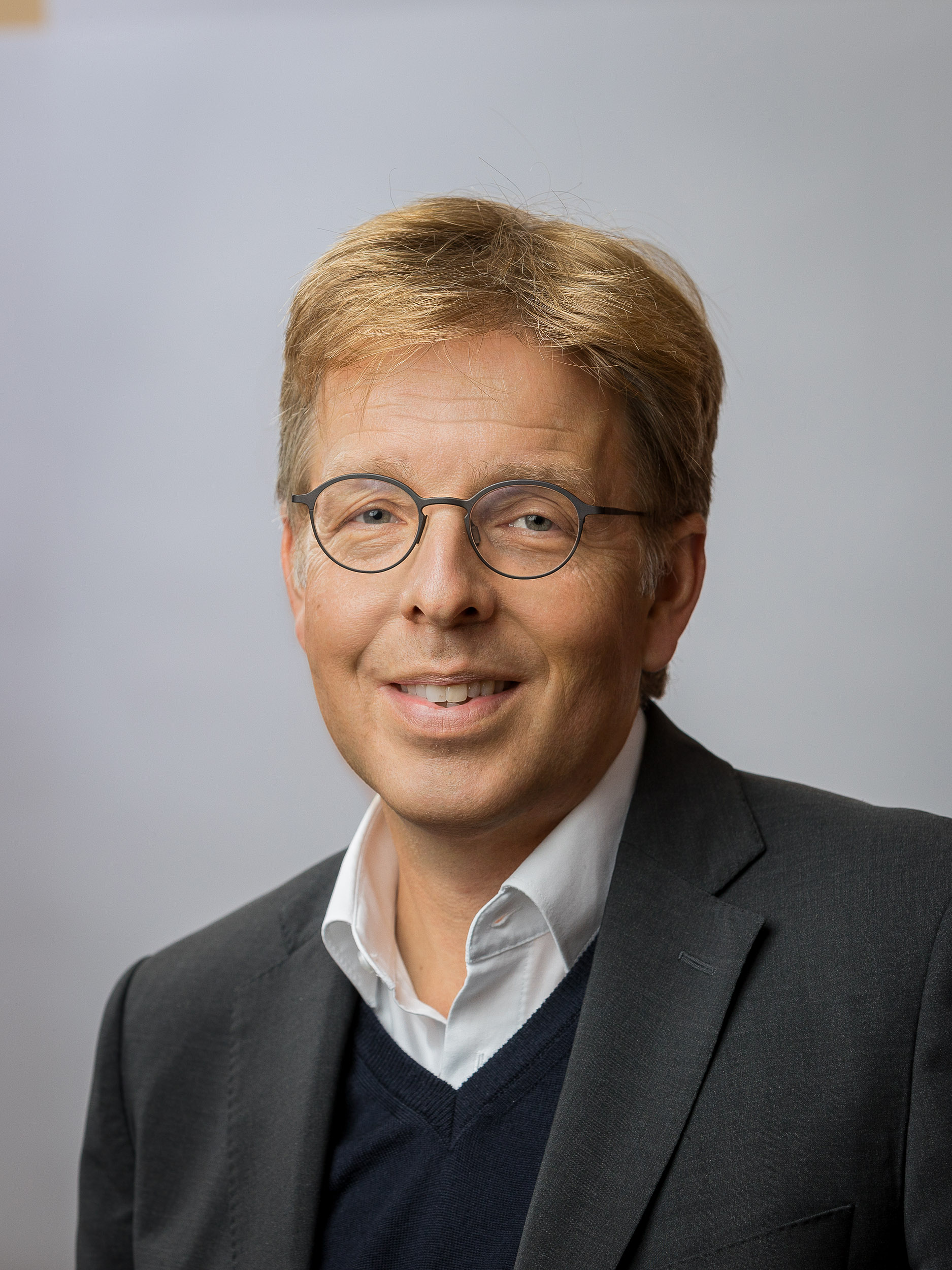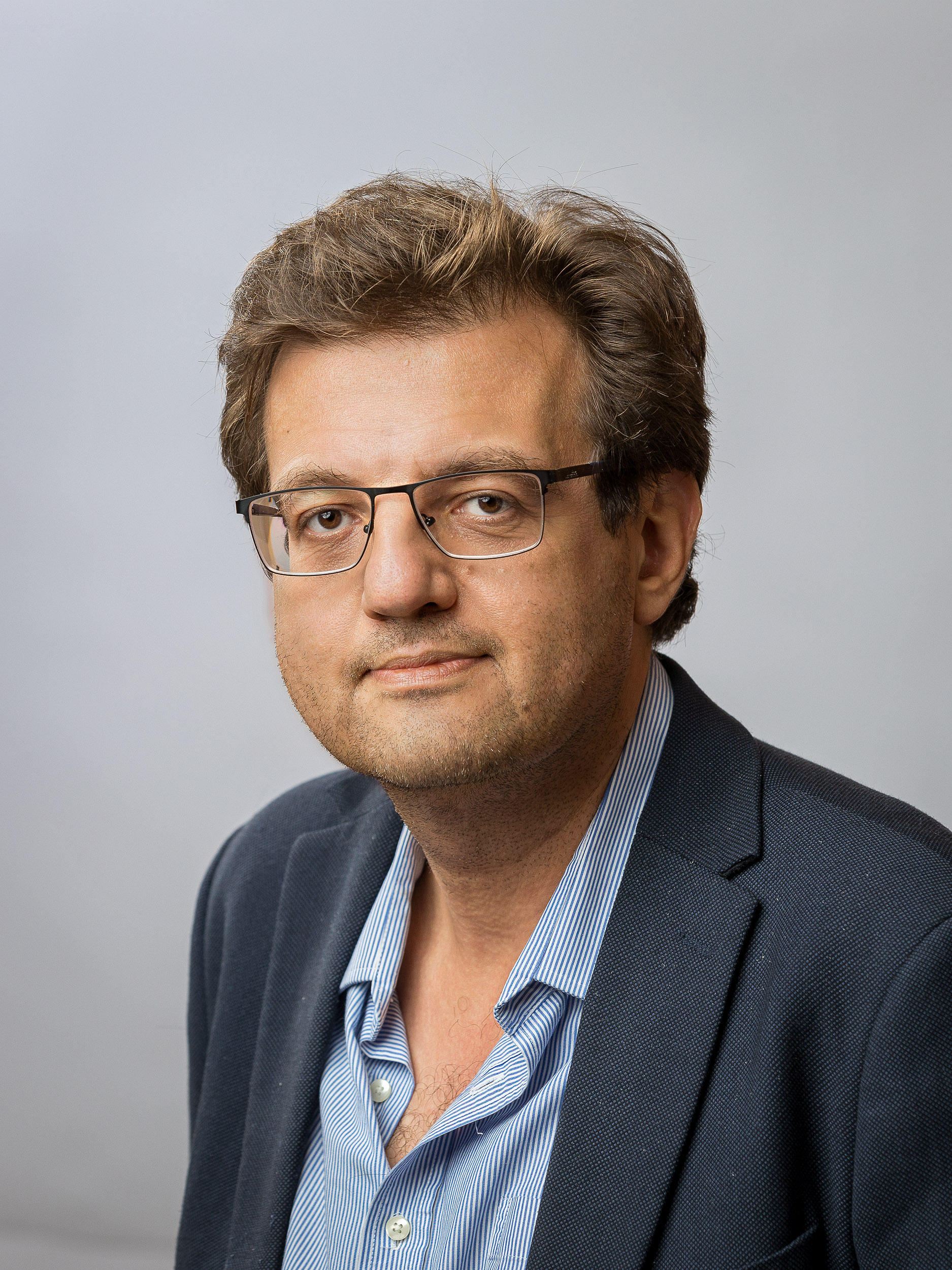Introduction to ECCO’23 Imaging Workshops
Christian Maaser, EduCom Member and Uri Kopylov, EduCom Member
4th ECCO Basic Imaging Workshop in Collaboration with ESGAR & IBUS
 Christian Maaser © ECCO |
 Uri Kopylov © ECCO |
In 2023 the Educational Programme at the ECCO Congress will again include two combined workshops devoted to the imaging of Inflammatory Bowel Diseases (IBD). The first will be centered on basic endoscopy, ultrasound and MRI while the second will focus on advancements in intestinal ultrasound. Both workshops will be possible thanks to the extensive cooperation of gastroenterologists with experience in intestinal imaging from ECCO and our partner societies, the European Society of Gastrointestinal and Abdominal Radiology (ESGAR) and the International Bowel Ultrasound (IBUS) group.
The 4th ECCO Basic Imaging Workshop in collaboration with ESGAR and IBUS will educate attendees in how to make a precise diagnosis and how to better direct the therapeutic management of IBD patients using the latest imaging technologies. It is designed for gastroenterologists, endoscopists, surgeons, paediatricians, pathologists and other interdisciplinary medical experts interested in diagnostic imaging and endoscopy of IBD. The course has been highly successful and much requested over the past few years, and we have decided to run it twice on the same day this year to enable more participants to attend.
Endoscopy
The endoscopic section of the workshop will address several major domains: quality in IBD endoscopy, reporting of endoscopic procedures, therapeutic IBD endoscopy and colorectal cancer/dysplasia surveillance in IBD. The principal aim of the endoscopy part of the workshop is to increase competence and knowledge with regard to endoscopic diagnosis, lesion management and interventional endoscopy management of complications in IBD patients. The endoscopic section targets physicians who practice endoscopy in IBD patients or who participate in IBD patient care and are striving to achieve a better understanding of recent developments in the field.
Endoscopy is a crucial component of IBD care and surveillance and is critical in the assessment of disease extent and severity, as well as the detection of complications and neoplastic lesions. In recent years, we have witnessed huge leaps forward in the development of advanced techniques of optical diagnosis, coupled with significant advances in the incorporation of artificial intelligence–based algorithms with the aim of improving endoscopic and histological assessment. Participants will learn how and when to use endoscopic scoring systems and to create high-quality endoscopic reports suitable for multidisciplinary IBD management, how to select and apply the most appropriate management strategy for intestinal strictures and how to review advanced endoscopic techniques for surveillance and endoscopic treatment of dysplasia in Ulcerative Colitis.
The endoscopy part of the workshop will be highly interactive and case based, with ample interactive video case material and lectures by top experts in the field.
Intestinal Ultrasound and MRI
The portion of the workshop on basic intestinal ultrasound and entero-MRI will present the main features, advantages and limitations of these techniques, with the purpose of introducing gastroenterologists to the diagnostic potential of intestinal ultrasonography and providing them with the basics needed in order to read MRI. Ultimately, the goal is to demonstrate the best way of using these tools for initial diagnosis, detection of treatment response and assessment of complications. This portion of the workshop is therefore aimed at IBD specialists with an interest in bowel ultrasound and radiological imaging and will include practical skills sessions and interactive discussions regarding images of IBD cases.
After two introductory lectures on intestinal ultrasound and entero-MRI, attendees will be divided into small groups that will rotate among six different hands-on workstations. At each workstation, with the help of the expert tutors, including one radiologist and one gastroenterologist, participants will be guided through the cases. They will have the opportunity to see and discuss MRI on workstations and to see and perform sonographic evaluation using a hands-on intestinal ultrasound simulator. Furthermore, it will be possible to share experiences and interactively discuss specific clinical situations with expert colleagues and tutors, covering a range of common imaging applications in IBD practice, e.g. early assessment and management of suspected IBD, assessment of Crohn’s Disease activity, detection of extramural complications of IBD such as fistulas and abscesses, evaluation of postoperative recurrence and management of perianal Crohn's Disease.
10th ECCO Ultrasound Workshop – Advanced in Collaboration with ESGAR & IBUS
In addition to the 4th ECCO Basic Imaging Workshop in collaboration with ESGAR and IBUS, there will again be an advanced intestinal ultrasound (IUS) workshop aimed at participants with practical experience in IUS who want to deepen their knowledge and learn the latest developments in the field of IUS in IBD. Each oral presentation will be followed by ultrasound video case presentations that will be interactively discussed with the participants. Some of the topics to be covered are the latest in IUS research in both Crohn’s Disease and Ulcerative Colitis, current gaps in IUS research and the potential use of IUS to detect and monitor fibrosis. The issue of whether IUS in children is the same as in adults will be addressed, and tips and tricks will be provided on how to differentiate IBD from other bowel diseases. This advanced workshop also serves as the third pillar of the IBUS group training curriculum and the participants of this curriculum will conclude the workshop by taking a post-course test, which will be voluntary for all other participants.
Considering the growing significance of imaging, we are sure that 4th ECCO Basic Imaging Workshop in collaboration with ESGAR and IBUS, as well as the 10th ECCO-ESGAR Ultrasound Workshop – Advanced in collaboration with ESGAR and IBUS, will appeal to many ECCO Colleagues with an interest in endoscopy, bowel ultrasound and radiological imaging in IBD. Please note that spaces are limited, so please register in time to experience these interactive workshops and share your knowledge with international experts.
We look forward to seeing you in Copenhagen in person in 2023.
Christian Maaser and Uri Kopylov
On behalf of the Educational Committee